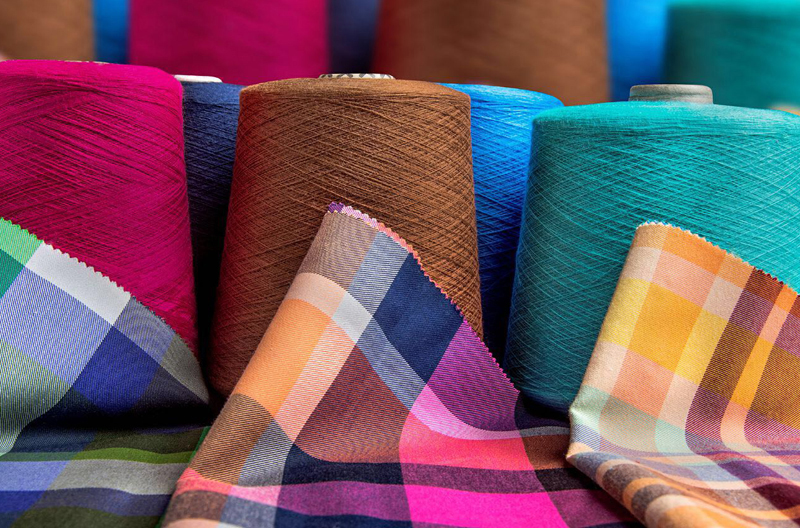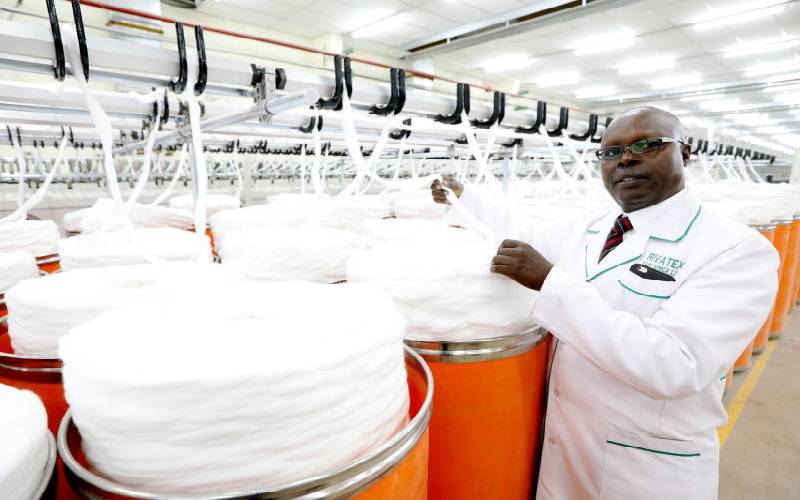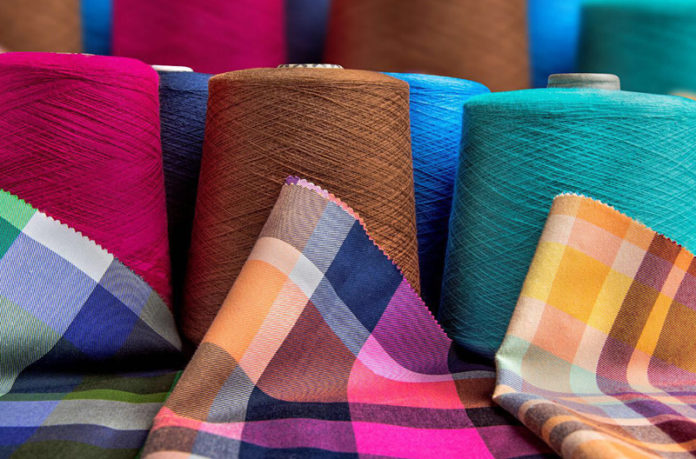British Council Releases Textile Industry Report
The British Council has released a report on the current state of fashion businesses in Kenya, detailing major constraints and growth opportunities for the industry which is among those heavily hit by Covid-19 pandemic.
The report is the result of the Fashion DNA Needs Analysis study of the fashion designer SME ecosystem in Kenya. The aim of the Needs Analysis is to inform the development of new strategic fashion designer business support interventions appropriate for local British Council’ partners.
The report indicates that the biggest constraint to the growth of the fashion industry in Kenya second hand clothing popularly known as mitumba and calls for regulation of the imports.
“The level of second hand products imported into Kenya is extremely damaging for the Kenya fashion industry. Again, there needs to be lobbying of legislators and policy makers for them to understand the impact and to assess how the situation can be reversed. Whilst an out-right ban might sound like an unrealistic action, neighbouring Rwanda took action in 2016 phasing out all second hand clothing imports, in order to support the nascent garment and textile industry with the goal of creating 25,000 jobs,” reads part of the report.
Available statistics of Kenyan imports of second hand clothing show that the country’s second hand clothes imports have been going up steadily over the years and stood at 134,000 tonnes in the first three quarters of 2018 from about 101,066 tonnes in 2013. In 2014 traders brought in 106,974 tonnes while 110,659 tonnes were imported in 2015 and 131,941 tonnes in 2016.
How to start a cosmetics business in Kenya
The also reveals that the rapid growth of E-commerce boosted by proliferation of mobile money platforms such as MPesa in the country has created market opportunities for the fashion industry with designers running their own stores via social media platforms to conduct B2C transactions. E-commerce is also used by designers who sell abroad, especially those targeting the African diaspora market which has a preference for local fashion.
“This model, designers say, requires brand development and public relations skills. Furthermore, designers using Ecommerce said that they enjoyed better margins, a wider geographical reach and access to customer analytics. However, it’s a fairly competitive space and logistics can be unreliable both locally and internationally,” indicates the study.
The report, however, indicates that due to the Covid-19 pandemic, government sanctioned closures has exposed vulnerabilities in the retail sector and fashion designer businesses that have yet to establish an infrastructure for e-commerce are being greatly affected by the lockdowns as consumers shift to online shopping for essentials and non-essentials.
Though, Covid-19 safety measures will scale back in the coming months, the need for fashion designer businesses to have a well designed ecommerce strategy will still be necessary to connect and engage with consumers and be risk adverse in the event of another crisis.
The study was conducted by Collective RW, an organization founded by Rwandan fashion industry experts working to promote a dynamic creative sector in East Africa, and Jan Miller, one of the UK’s leading experts in fashion business support and incubation.

While a majority of designers in the Kenyan Fashion industry are involved in apparel production where there are an estimated 70,000 apparel manufacturing firms, a majority of them small scale operations are often not full time occupations while some are unregistered entities
With a population of over 48million, the local domestic market remains the main target audience for Kenyan fashion SME products.
The study notes that there is an urgent need to realign the growth strategy from low-value addition to high value-addition, and enhance Kenya’s product offering to unlock the full potential of the textile and clothing sector where the fashion industry falls under public sector categorization.
The global fashion industry offers a vast opportunity for developing countries such as Kenya to mostly as a sourcing destination. The Kenyan textile and clothing industry is estimated to represent 0.6% of gross domestic product and 6% of the total manufacturing sector.

The study reveals that the garment sub sector has outperformed in recent years, due largely to the preferential market access granted under AGOA and, in particular, the third country fabric provision which allows Kenya to produce apparel with fabric imported from Asia. Today the United States market buys the vast majority of Kenya’s Textile and Clothing exports.
Despite having textile operations which could supply designers (with 17 operational textile mills as of June 2019 according to available government data) the Kenyan fashion and apparel industry is yet to make a significant mark on the global market in comparison to similarly developing countries such as Ethiopia and Vietnam among others.
Among the reasons for the status quo, the report indicates, is that textile mills rely on older technology and suffer from low levels of skilled labor and low productivity and at the same time incur high costs of maintenance and overheads due to old equipment.
According to the research, this has created a need to use high-cost imported textiles or low-quality local fibres which require additional processing for the local fashion designers. Additionally, the leather industry for fashion products and accessories suffers similar challenges.
The report recommends promotion of ‘Made In Kenya’ but notes that there are currently a range of disconnected ‘Made In Kenya’ initiatives, ranging from lifestyle boutiques, through to the government’s current directive in its own offices for all employees to wear ‘Made In Kenya’ every Friday.
“The government could embrace fashion as an influencer to amplify the ‘Made In Kenya’ message through schools, colleges, and stimulating the private sector to take pride in, and wear, local products. As ‘Made In Kenya’ products are worn more, it would become more ingrained in the local vocabulary and will spill over into other products, such as homewares and electronics, all ‘Made In Kenya’, it notes.









